On the cover is London Shockley.
London Shockley channels her journey with dyslexia into pageantry and advocacy, using her voice, platform, and community work to raise awareness, inspire others, and ensure no child feels alone, misunderstood, or unseen in their learning journey.
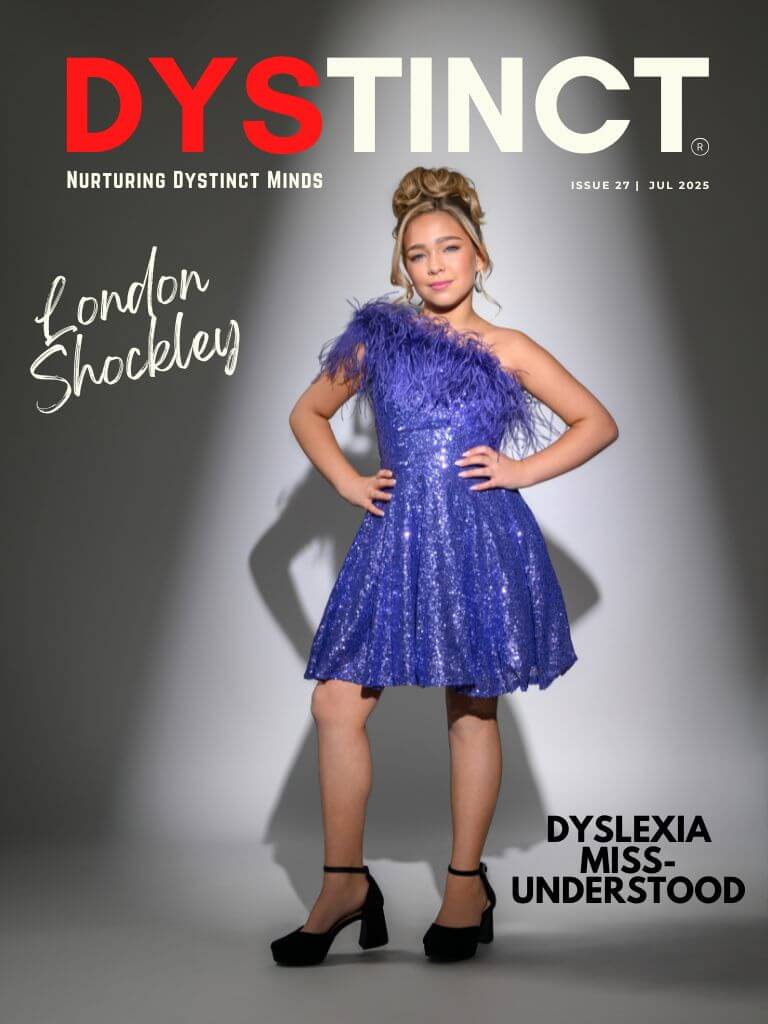
On the cover is London Shockley.
London Shockley channels her journey with dyslexia into pageantry and advocacy, using her voice, platform, and community work to raise awareness, inspire others, and ensure no child feels alone, misunderstood, or unseen in their learning journey.
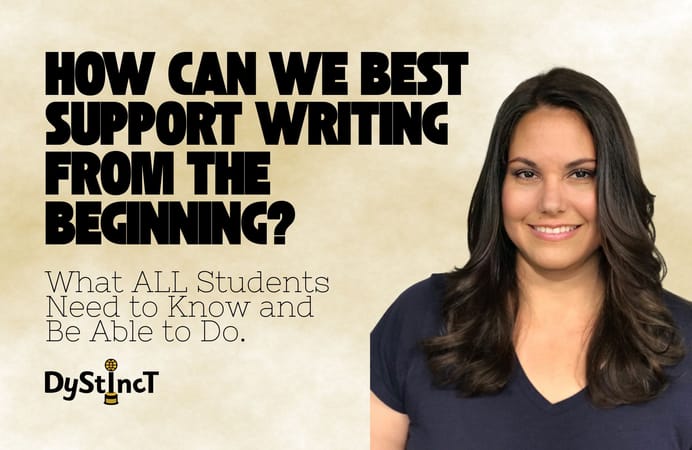
Amy Siracusano offers research-based insights into the foundational writing skills students need to succeed, highlighting the importance of explicit instruction in transcription skills such as handwriting and spelling, along with early support for oral language and fine motor development.
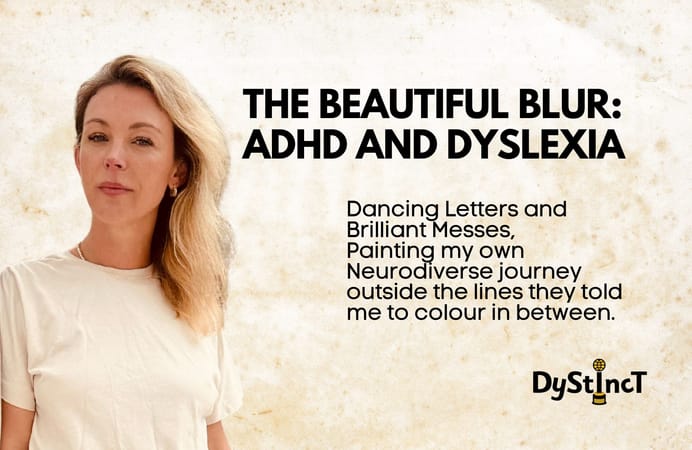
Alexis Costello shares her lifelong journey with ADHD and dyslexia, revealing how embracing her neurodivergence transformed shame into self-acceptance, chaos into creativity, and motherhood into a powerful reclamation of identity, showing that being wired differently is not a flaw but a source of strength, insight, and beauty.
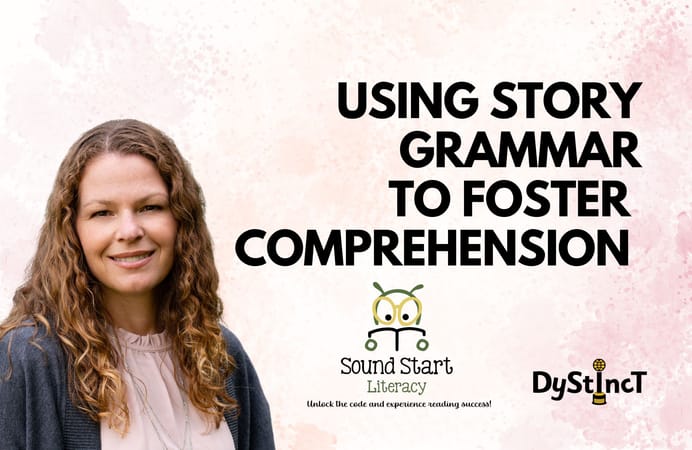
Jennifer Cerra shares how teaching story grammar, a structured approach to understanding narrative elements, can help struggling readers, especially those with dyslexia, build comprehension, reduce cognitive load, and connect more deeply with stories while strengthening oral language and decoding skills.
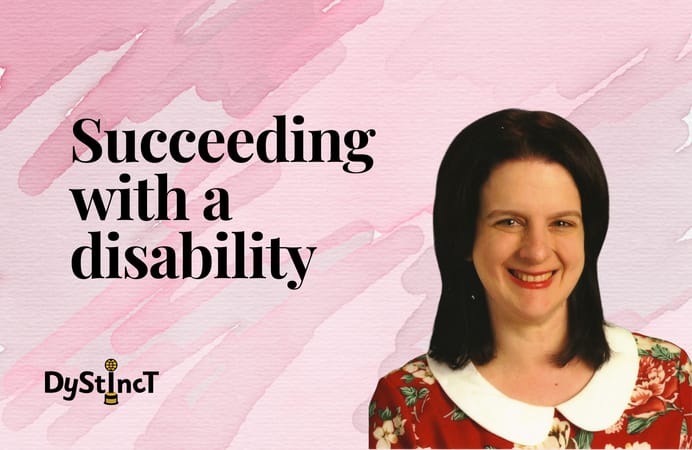
Michelle Steiner recounts her lifelong journey with a learning disability, overcoming stigma, setbacks, and low expectations to achieve academic success, meaningful work, creative fulfilment, and personal growth, using her lived experience to empower others with disabilities to advocate for themselves and pursue their dreams.
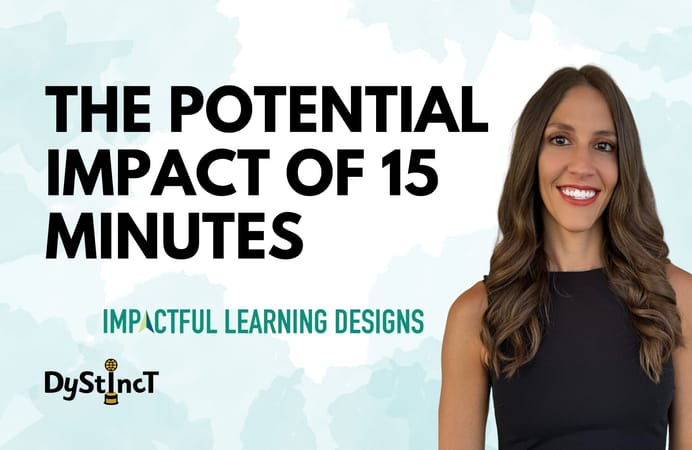
Dr Jennifer Throndsen introduces dyad reading, a simple and evidence-based strategy where a stronger reader and a developing reader read aloud together, showing how just 15 minutes a day with appropriately challenging text can significantly boost fluency, comprehension, and confidence in struggling readers.
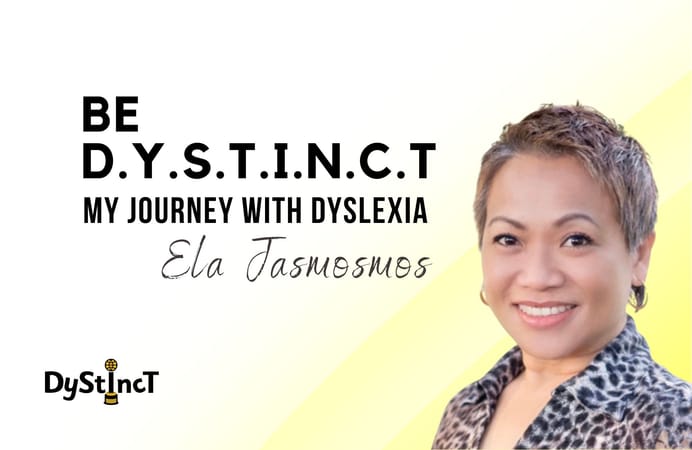
Ela Jamosmos traces her lifelong journey with undiagnosed dyslexia from silent childhood struggles to creative breakthroughs and leadership, ultimately transforming shame into self-acceptance and using her voice, art, and public speaking to empower others to embrace their difference and own their strengths.
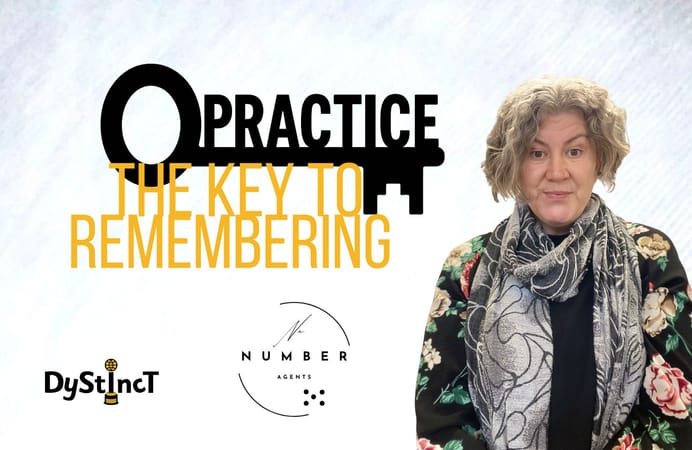
Leslee Allen explains why consistent, deliberate practice is essential for helping students remember and apply what they learn, and shares practical, research-informed strategies such as spaced practice, incremental rehearsal, and writing fluency routines that support all learners, especially those who struggle, in retaining and using what they learn with confidence.
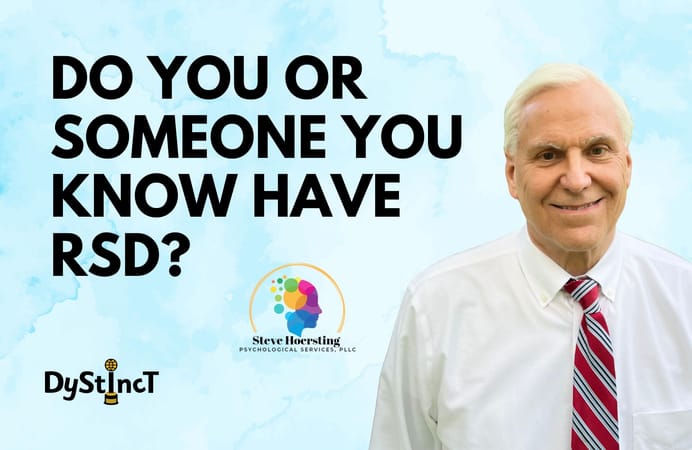
Steve Hoersting, a licensed psychological practitioner, unpacks the roots and realities of Rejection Sensitive Dysphoria (RSD), especially in neurodivergent individuals. He offers insight into how early criticism can shape deep-seated beliefs and shares practical tools like CBT and mindfulness to help manage the emotional impact.
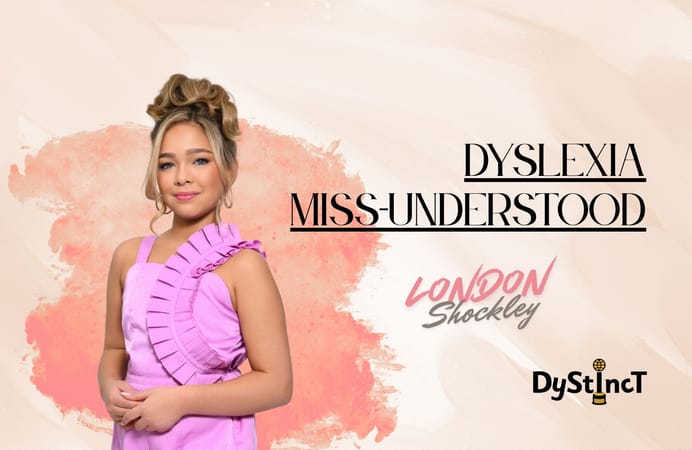
London Shockley channels her journey with dyslexia into pageantry and advocacy, using her voice, platform, and community work to raise awareness, inspire others, and ensure no child feels alone, misunderstood, or unseen in their learning journey.
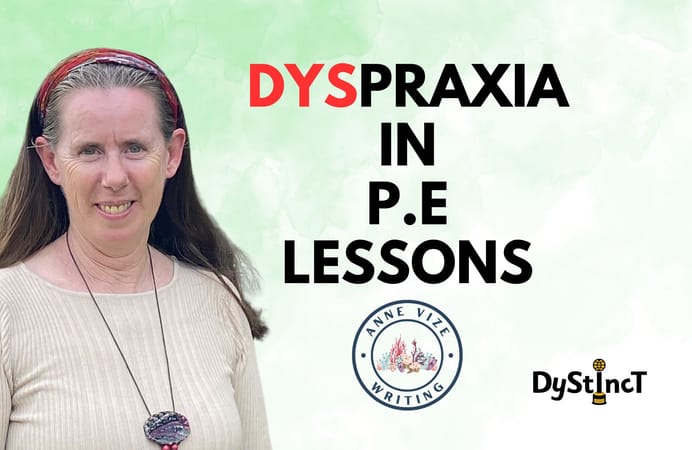
Anne Vize shares practical strategies for making Physical Education lessons more inclusive for students with dyspraxia, showing how a thoughtful ‘notice and adjust’ approach from warmups and skill-building activities to cool downs can help PE teachers create supportive and engaging environments where all children can participate, succeed, and enjoy movement at their own pace.
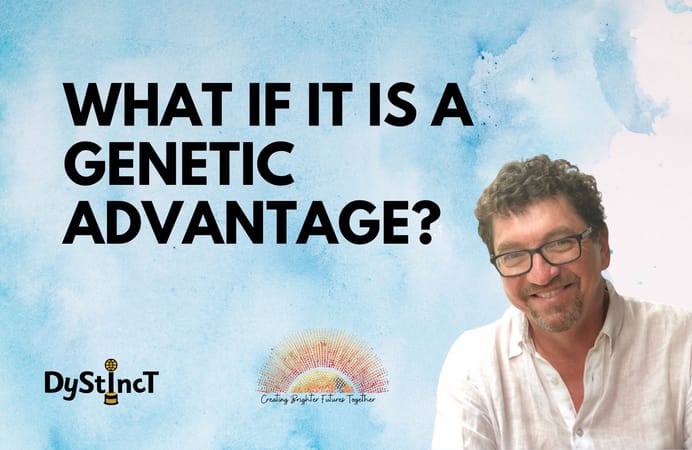
Simon da Roza challenges the deficit view of neurodivergence by reframing ADHD, autism, and dyslexia as valuable expressions of human diversity, arguing that modern education systems fail not because of these minds but because they were never designed for them.

Join the newsletter to receive the latest updates in your inbox.